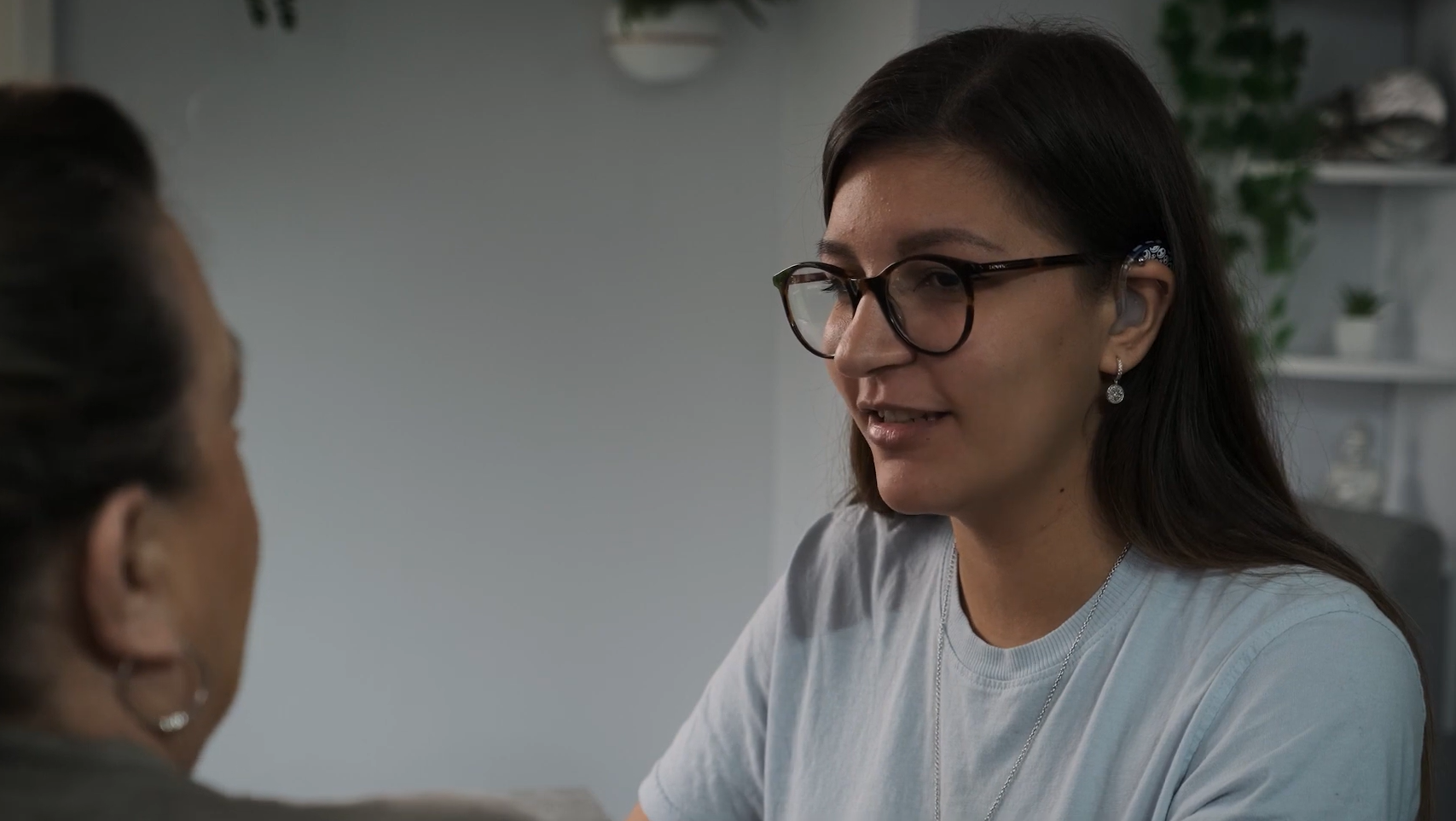A new package of specialist courses aimed at improving care for those impacted by combined hearing and sight loss are set to be launched.
Birmingham City University is introducing the new programmes in partnership with Deafblind UK and a number of other national charities, to help social workers and other social care professionals better support members of the country’s deafblind population.
Launching in March this year, the University is rolling out a Certificate in Professional Studies (Deafblind Studies), outlining different aspects of deafblindness and its impact on individuals, and covering the rights and needs of people who are deafblind. A Diploma in the same subject – open to those who complete the Certificate and building on the skills and knowledge gained from that course – will start in March 2023.
Practitioners, academics and researchers working in the field of deafblindness have designed both courses, which have been developed with and endorsed by Deafblind UK. Colleagues from Sense, Deafblind Scotland, Sense Scotland, Guide Dogs (Scotland) and the Council for the Advancement of Communication with Deaf People (now Signature), which all support people who are deafblind, also helped develop the courses.
Deafblindness – sometimes called “dual sensory loss” or “multi-sensory impairment” – is a combination of sight and hearing loss affecting a person’s ability to communicate, access information and get around. Difficulties can range from struggling to hear or see what’s on TV to not hearing or seeing anything at all.
While the condition can affect people of all ages, including children, it mostly affects older people as sight and hearing commonly worsen with increased age. It is estimated there are around 450,000 deafblind people in the UK, but this is expected to increase to 600,000 by 2030 mainly due to the country’s ageing population.
Dr Peter Simcock, Senior Lecturer in Social Work and Course Leader for Deafblind Studies at Birmingham City University, said:
“People who are deafblind often have unique needs, distinct from those with single sensory impairments, so it’s important that those working to support them understand the condition and get to grips with the legislation that exists to secure deafblind people’s right to specialist care and support.
That is why we have introduced these new courses and we are delighted to have done so alongside our expert colleagues from Deafblind UK, Deafblind Scotland, Sense and Sense Scotland.”
The Certificate and Diploma have been tailored to meet the statutory requirements and duties on local authorities in England and Wales relating to people with deafblindness, and also include teaching materials created by those with lived experience of the condition.
Dr Simcock added, “Despite the excellent work of campaigning organisations, recognition of deafblindness as a third unique sensory impairment, separate from and in addition to visual impairment and deafness, continues to be a challenge.
Globally, only 37% of countries recognise deafblindness as a distinct disability, the consequence of which is invisibility of deafblindness and deafblind people in statistics, policies, programmes and services.
We hope that the introduction of our specialist courses in deafblindness will help address this problem and we’re very pleased to have worked with people who are deafblind themselves to develop the courses and to include content provided by them.”
Liz Duncan, Deafblind UK’s National Training and Research Manager has been instrumental in designing the new courses. She said: “I cannot emphasise enough just how big a step forward this is for the sensory loss sector. Currently there are simply not enough people who have the knowledge, experience or qualifications to support people who are deafblind in the way that they need.
These two courses will empower local authority teams and private organisations to support people who have dual sensory loss. We are creating the next generation of specialists who can continue the work that we have started and help more people in so many more ways.”
The new Certificate in Professional Studies (Deafblind Studies) at Birmingham City University will be delivered online on a part-time basis over 38 weeks through a programme of virtual lectures, interactive learning materials and assessments.




